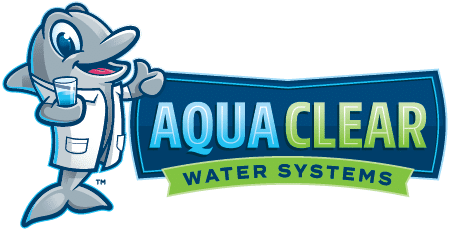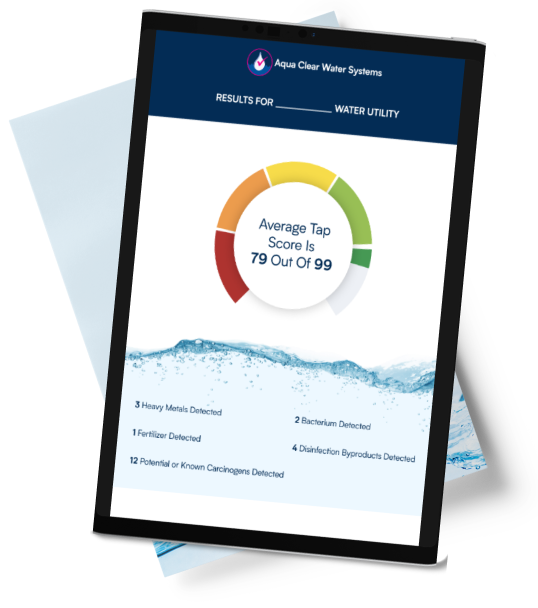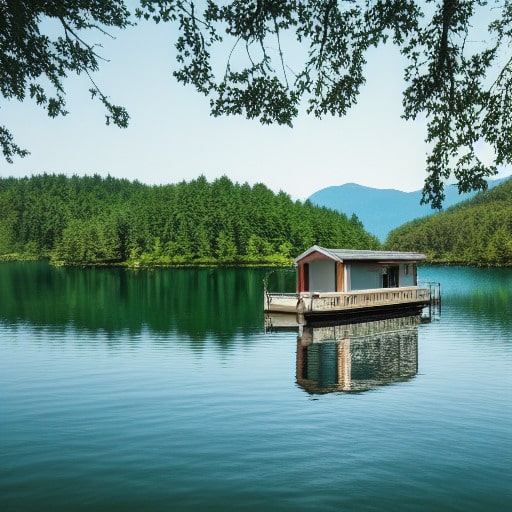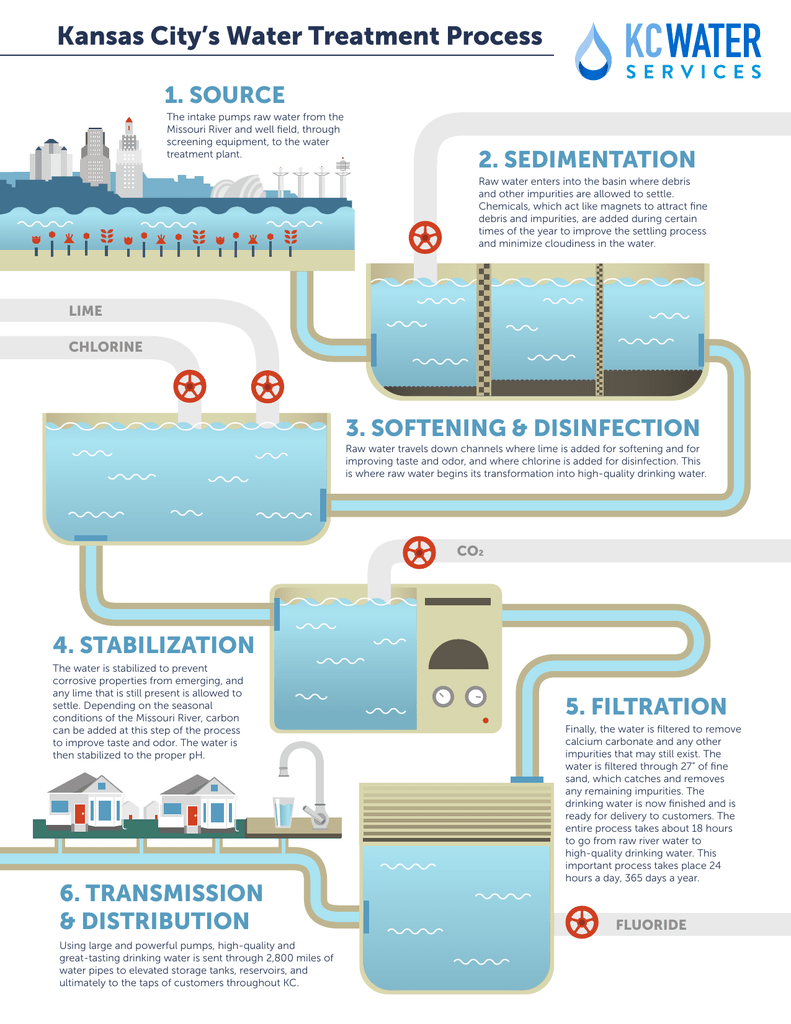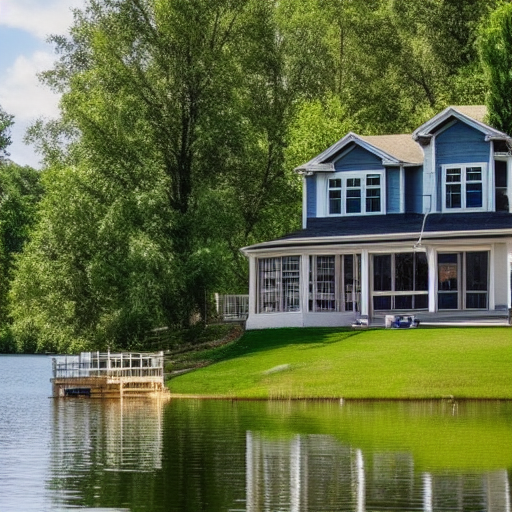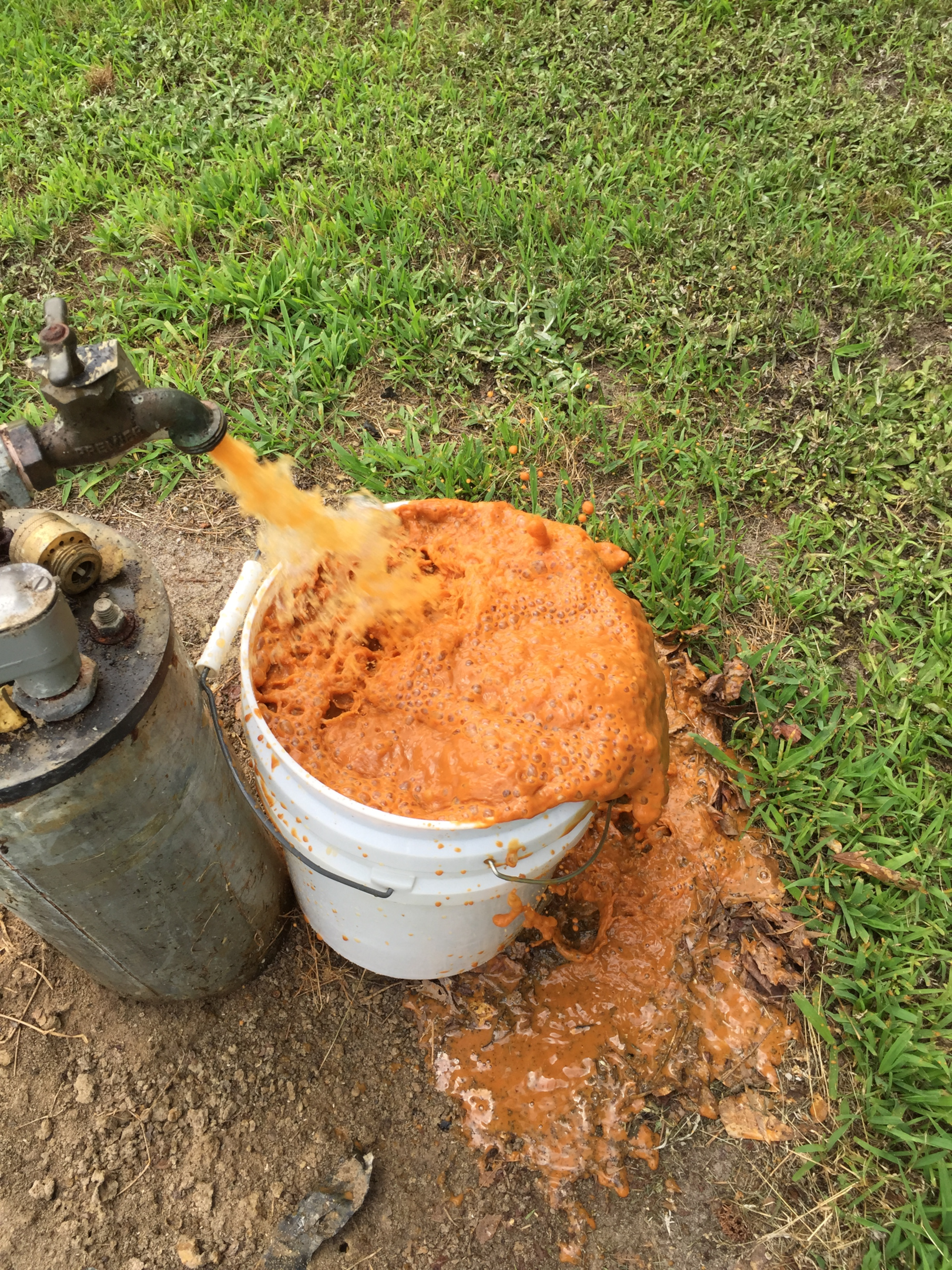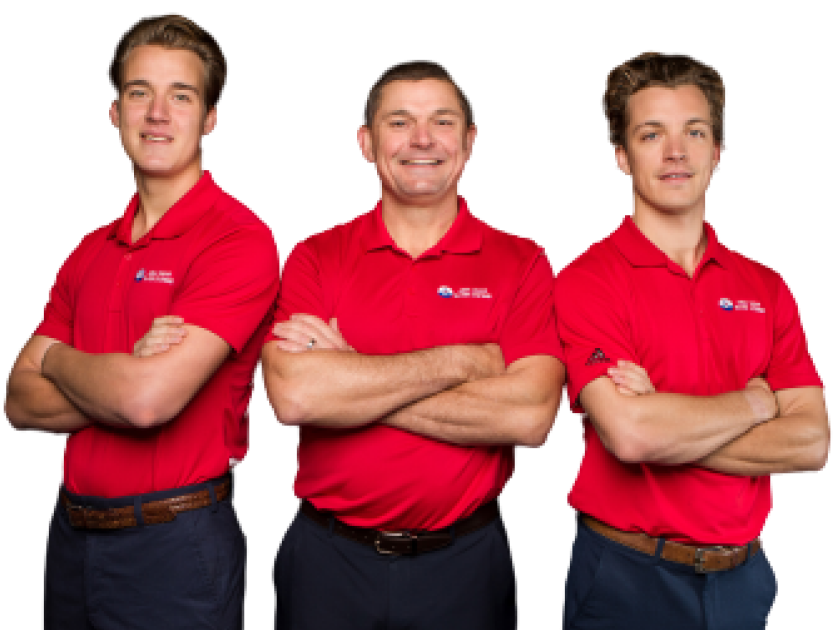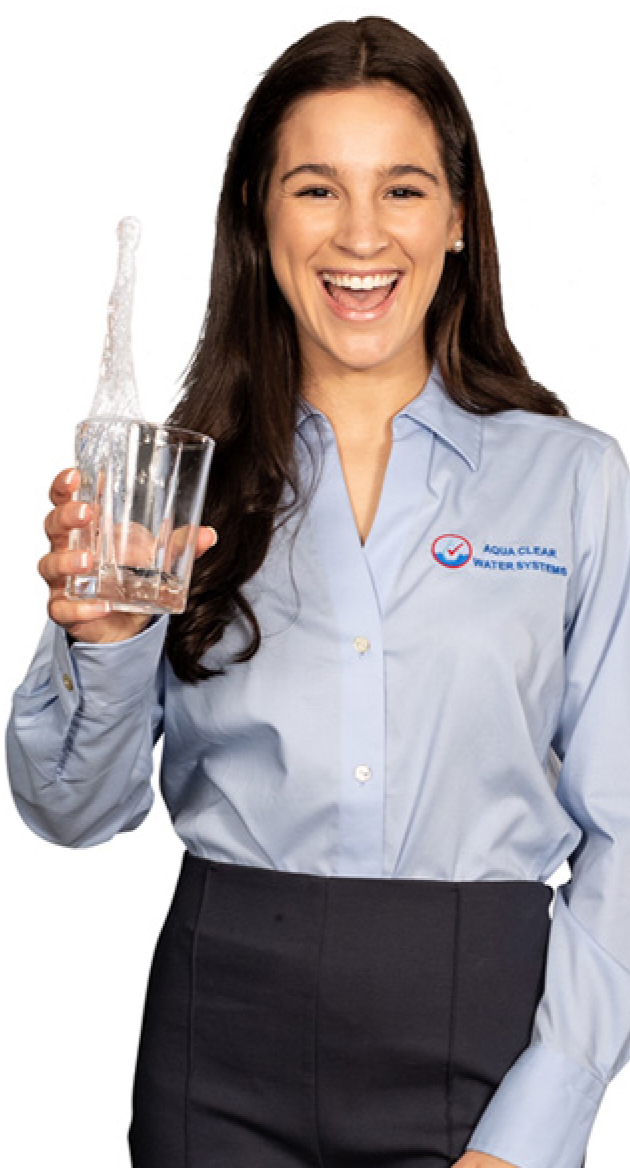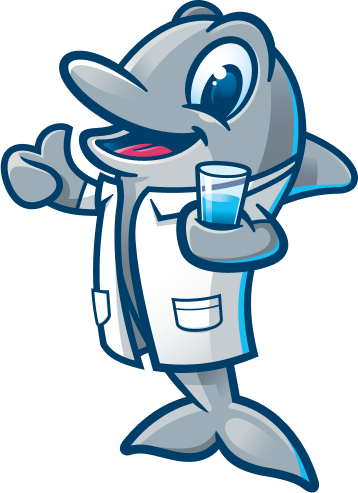As more and more people move to East Tennessee and want a more off-grid lifestyle. Whether that be living on a houseboat, yacht, lake house, or utilizing water from a stream. They call in and ask us if we can filter their water. In this article, we are going to walk through everything you need to know about filtering the lake water.
When planning what water you are going to use for your new home or just looking at backup options for your existing house you might ask yourself if it’s possible to filter the lake/pond water.
Lake water is rarely drinkable due to high runoff from local polluters, animal waste, and heavy sediment. So if you start to use it for your home or for drinking water you have to make sure you have a proper lake water filtration system in your home.
How do cities filter lake water & make it drinkable?
If you’ve ever lived where you’ve paid a water bill it was most likely from a lake or large surface water source. To understand how to make great water for your house we look over how cities do it.
As you can see in the graph many steps are used to ensure the water supplies arrive safe at your house. When doing this at a residential level we can use a simpler process than a water treatment plant.
Let’s walk through each one.
1. How close is the lake/pond water source near you?
Distance matters when it comes to getting water to where you’re going to treat it. Usually, pumps are installed at strategic locations to ensure water flows to the treatment location with adequate water pressure.
You want to make sure your water line goes as far as you can into the lake water. If it is a pond or other sources like a river and streams get it as central as possible. Make sure the pump has some way of keeping out heavy sediment with a metal screen. 10-20 feet down is clearer water and be a good distance from the bottom of the lake to prevent sediment stir up at certain times of the year when the lake flips due to temperature change.
If the system is a portable unit for a Houseboat or a Yacht then the pump usually goes next to the system. That allows the system to be moved in the cold and out for a short time when you need to refill your storage tanks.
2. Removing Sediment From Lake Water
In cities, large amounts of aluminum chemical and other flocculants are added to help suspended solids settle to the bottom of large tanks. For residential use we install something to remove larger sediment from the water. That can be either a retention tank where the solids settle out with the help of Alum chemical city water plants use, or it can be with a backwashing filter that is more geared at making dirty water into clean water.
3. Softening and Sanitization
In large municipalities, they use lime to “soften” the water. For residential homes, water softeners allow you to take out calcium and magnesium from the lake water that destroys appliances.
Once the water is softened you can run the water through an ultra violet light that kills bacteria, algae, viruses, and parasites. Additional steps may need to be taken with Chlorine dioxide to kill bacteria in poor water quality lakes.
4. Stabilization
Due to the use only at one home and no storage tanks on the system stabilization is not required at a residential level. If the water is in a retention tank, chlorine is usually added to kill bacteria while it sits which we already covered in the last step.
5. Filtration
Finally, for our homes on lake water, there are other impurities that cannot be removed through the whole house with a massive upfront cost. So a separate drinking water system is set up at the point of consumption and comes through a separate faucet. Reverse osmosis for lake water is the only drinking water that I would consume. It can make the water safe from chemicals that get in through boats and manufacturing contaminants.
How do I test my lake water?
Now that you have an idea of what goes into a lake water filter you need to test your local lake water. One can be ordered here or if you live in East Tennessee you can have a project supervisor from Aqua Clear come out to your house and test the water for free.
What are you going to use the water for?
The usage of the water is also crucial to the system’s final design. If you are going to use it for safe drinking water consumption: reverse osmosis and sanitization are recommended.
The more water you are going to use in the house the bigger system you need. Reverse osmosis makes water slow so not usually recommended for house usage unless the system is larger and a storage tank is able to fit. More general usage requires water filters for heavy sediment removal via a Backwashing Filter, Water Softener, and Ultra Violet Light for sanitization.
Depending on the lake, more sanitization water filters could be required to kill microorganisms and allow bleach more contact time with the water to prevent algae. Usually, chlorine is injected into a retention tank killing bacteria, viruses, and parasites. Once the biological contaminants are killed the water can be further filtered with special water filters. Targeting for other contaminants like dirt, sand, hardness, and contaminants.
What if I live on a boat?
Houseboats and tiny homes on the water are common around East Tennessee. We’ve built the best system for those tight spaces and complex configurations. Give us a call if you are local and we can come out to see what works right.
If you are outside our service area just know it is possible. Start by testing the water and seeing what works right for you here. Then have your local water treatment dealer recommend you the correct water filter.
Can If I use lake water to irrigate my lawn?
Lawn irrigation systems are common on lake water. Allowing a free supply of water for the yard and minimal maintenance. The biggest issue I see developing is mainly due to sediment. So a Lake water filter for sediment on the water supply protects delicate sprinkler heads from clogging. Other common issues are iron and sulfur.
Installation and Service of Equipment
When dealing with complex equipment having a local dealer install, service, and design a proper system is crucial. Over the years local dealers have tried different setups and learned from countless mistakes. Lean on their experience to make sure you have the best lake water filter possible.
If you are in East Tennessee Aqua Clear Water Systems has designed systems for Rivers, Lakes, Ponds, Surface Water, Creek, and Streams. We can build filtration systems to fit any need and situation.
